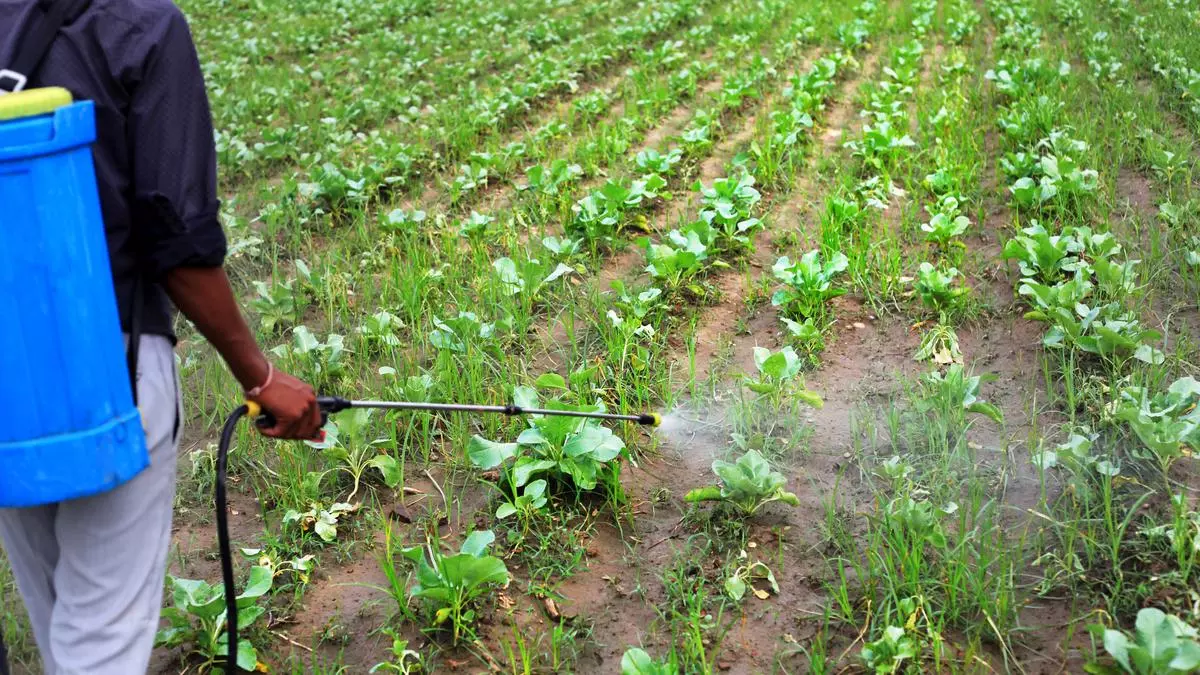WTO farm talks: India insists on priority for public stock holding, special safeguards
India has insisted that previously mandated issues in agriculture, including flexibilities for public stock holding, special safeguard mechanism to check import surge or price dip, and elimination of trade distorting cotton subsidies by rich countries, be prioritised at the WTO and not clubbed with other issues as trust deficit was the main reason why the farm negotiation was not progressing, a Geneva-based trade official said.
The US, on the other hand, criticised the prioritisation of certain issues over others, stating that this was the primary cause of the longstanding stalemate in agriculture, the official told businessline.
The discussions took place at the Committee on Agriculture (CoA) meeting on Wednesday where attempts were made to end the logjam in talks reached following the failure of the facilitator led process last month.
The WTO is trying to expedite talks so that a pact in agriculture could be reached either before or at the next Ministerial Conference (MC 14) in Cameroon at a date yet to be decided.
“India and the G33 group of developing countries, pushing for a permanent solution for public stockholding programs with government-supported prices (MSP programme), asked members to conduct text-based negotiations based on a previous submission. They highlighted that it was crucial to meet the challenges of global food and livelihood security,” the official said. China, the African Group, the ACP Group, and the Caricom Group also supported the proposal and said that constructive dialogue should be held so that an outcome is reached by MC14.
Finding a resolution
On the matter of finding a resolution to the issue of Special Safeguard Mechanism (SSM), which permits developing countries to increase tariffs when imports surge or price declines for agricultural products, the point of contention is the linkage between the SSM and market access, the official said.
“India insisted on fast-tracking of the SSM negotiations arguing that a decision was taken at the Nairobi Ministerial meeting in 2015 on the matter. It said modalities that are simple, operational, and equitable should be put in place,” the official pointed out.
The African Group said SSM was vital for building resilience and reducing market volatility. The ACP Group, CARICOM, and other proponents, too, stressed that SSM should remain accessible, effective. All wanted the inclusion of both volume and price triggers to take care of market imbalances and also address emergencies.
